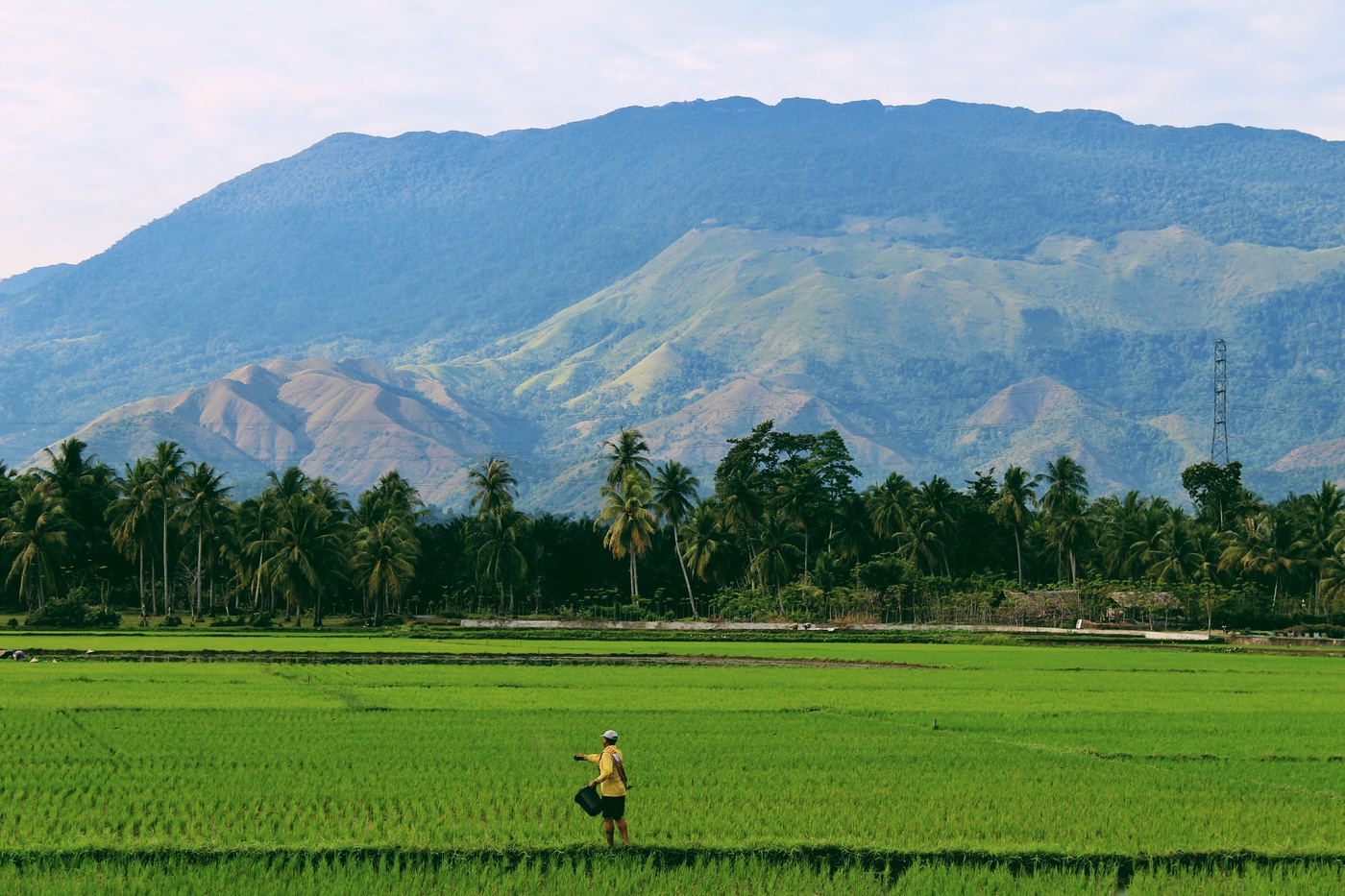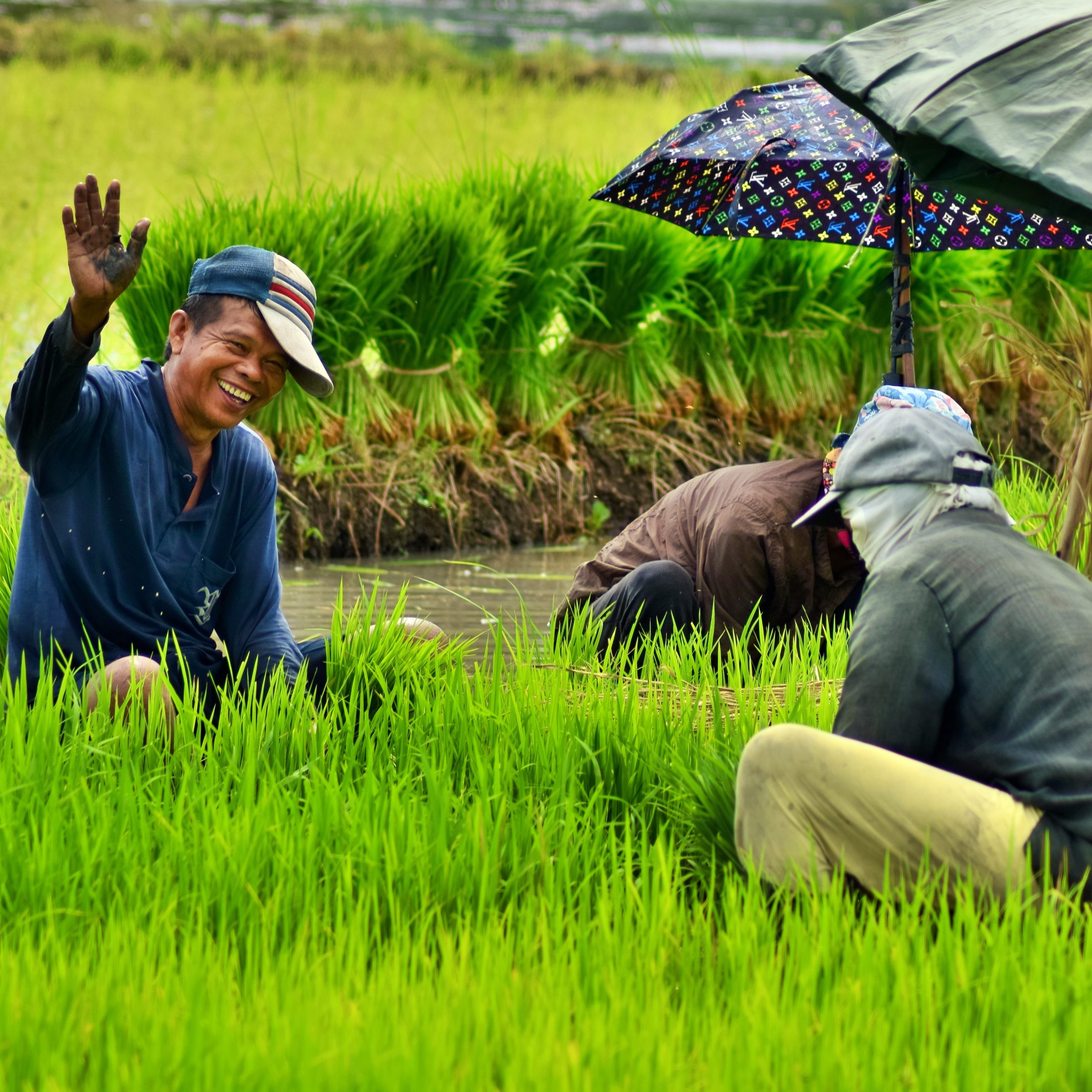El Niño causes over $2mn of agricultural losses in the Philippines

The Philippines’ agricultural sector has suffered substantial damages as a result of the ongoing strong El Niño, with losses now exceeding 109 million Philippine pesos ($2mn), according to the country’s Department of Agriculture. The region of Iloilo has borne the heaviest burden, and is now coming to terms with significant agricultural setbacks.
Comprehensive assessments carried out by the Philippine Department of Agriculture’s regional field offices in the areas of Western Visayas and the Zamboanga Peninsula paint a troubling picture. They found that 2,602 farmers have been affected, losing approximately 4,738 tonnes of crops over 2,177 hectares of rice farmlands. Notably, the majority of the losses, particularly of rice, occurred during the crucial reproductive stage. After Iloilo, Zamboanga del Norte was the most badly impacted region.
The department has said it is taking steps to address the crisis. It is monitoring weather patterns and ground conditions, circulating advisories and agro-meteorological data as widely as possible, and issuing guidance on how best to manage crops under current conditions. Additionally, the department has said it is analysing critical data related to planting, harvesting, and irrigation resources, and studying interventions for farmers in drought-prone areas.
Looking forward, climate projections indicate that El Niño conditions could persist until May, after which there will be a transition towards the neutral phase of the Southern Oscillation.
Source: Daily Tribune



